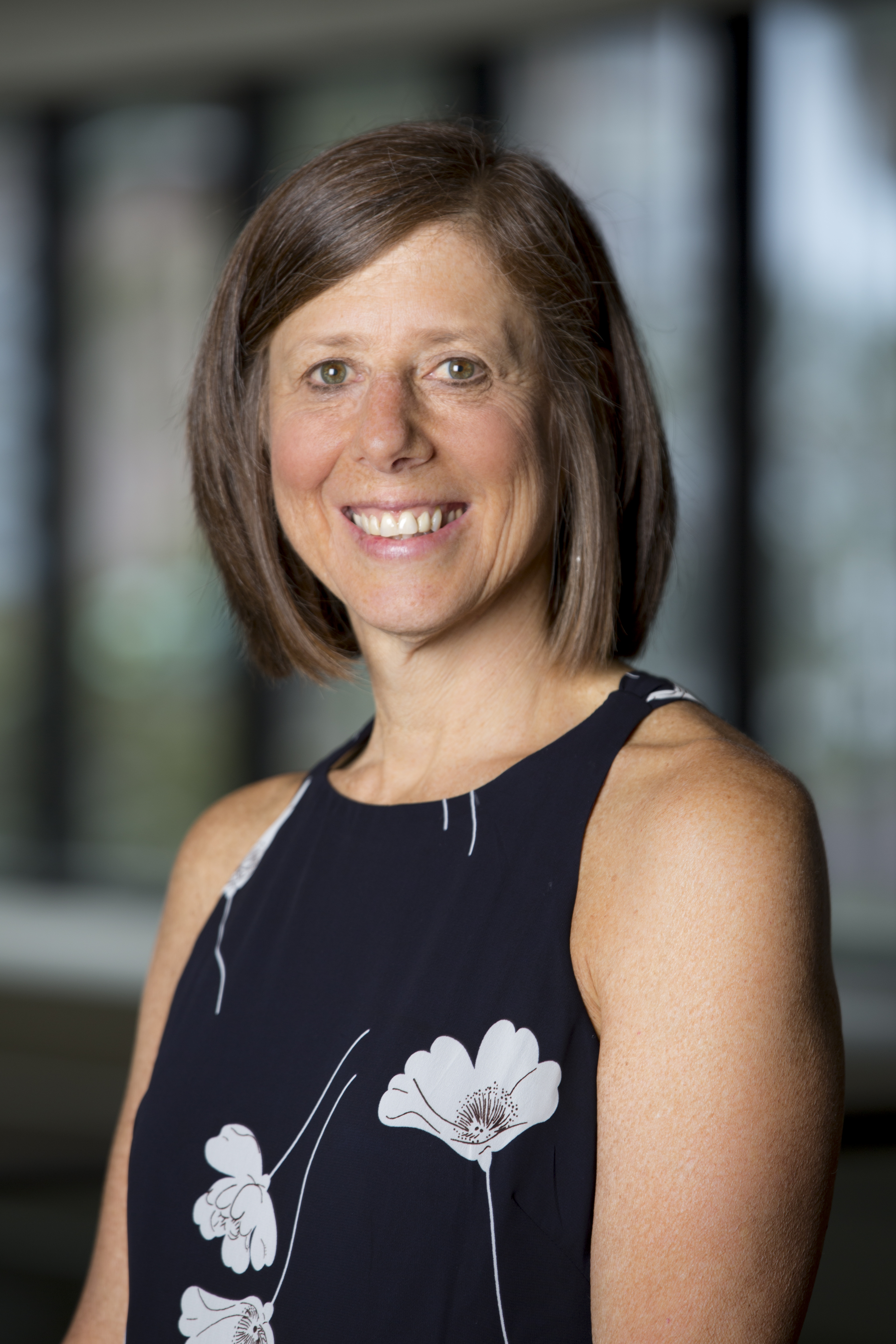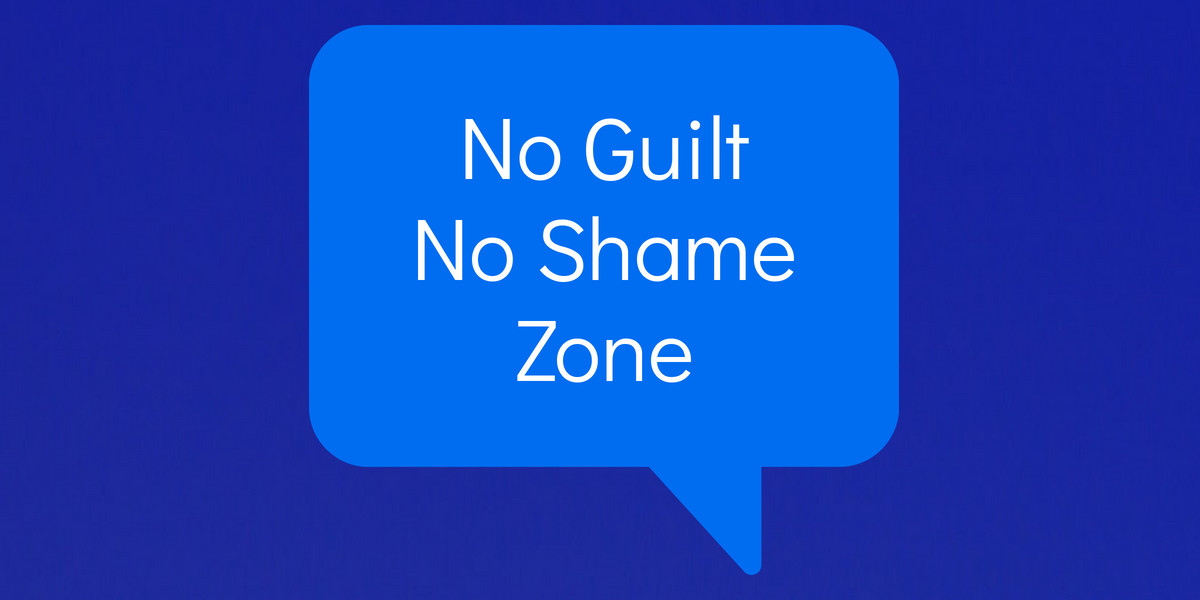Guilt seems to be an intrinsic part of parenting today. We can easily fall into patterns of making ourselves feel guilty through questioning choices and self-talk. Do you find yourself questioning whether you make good decisions, if you are a good enough parent, and whether you are cut out for this job?
Guilt shows up in a way that makes us question the past – about why we did or did not do something. It can make us rethink things that have already happened and cannot be changed.
Sometimes guilt can make us look or feel like we should have control over everything in our parenting realm. But, this is far from true. We can only control our reactions, our behaviors, and ourselves.
Even knowing all of this, we still beat ourselves up about so many things, especially when it comes to parenting our children. Guilt can overcome our emotions.
Often times, parents feel guilty for working, having a parental date night, taking their kids somewhere that they need to go, reacting to something, and so on. This has become a societal issue. So many parents feel guilty for just about anything and everything. Guilt can lead to feelings of negativity, shame and unworthiness. But guilt is not an accurate measure of parenting.
When we think that we are doing something wrong or bad, it becomes a spiral of sorts, at least with the thoughts in our head. I can remember thinking, when my kids were small, that I was the worst mom, raising my voice at times, trying to gain control over the chaos, and feeling like I was climbing an uphill battle with no peak in sight. This was part of the guilt in my life. If we reshape the way we look at situations, such as the action of raising our voices, we can change the cycle. Instead of jumping to ‘I did something that was bad, I am a bad parent,’ we can turn the ‘I did something bad’ into ‘I did something I wish I hadn’t, and here is how I am going to do better’ in a similar situation next time.
Guilt involves the awareness of having done something wrong; it arises from our actions. Shame is different. Shame may result from the awareness of guilt, but it is not the same thing as guilt. It’s a painful feeling about how we appear to others, and to ourselves; yet, it doesn’t necessarily depend on our having done anything.
In parenting and life, these two emotions, guilt and shame, put added stress, pressure and negativity on events that have occurred in our lives. They also effect the present and future. When guilt and shame show up in life, it is truly important to deconstruct them in a way that we learn from them. For example, when I looked at how I yelled at my kids and created more chaos than was already present, I had an opportunity to re-examine my behavior, not from a judgmental place, but from a place of curiosity. How was my behavior serving and how was it not serving? These questions allowed me to re-evaluate with conscious thought instead of severe judgment and negativity. When I could do this, I could admit to myself that my behavior might have added to the chaos that already existed.
So, guilt was about my own behavior and how it affected others. The shame was caused by my focus on not being able to do this job, of not being a good enough parent. I have done this work for years to be able to move past the guilt and the shame and into the realm of curiosity.
We are all doing the best we can. The more attention we can bring on what is working and what isn’t in a way that helps us grow and doesn’t foster shame and guilt, the more we can bring ideas and other solutions to try to create better harmony.
Guilt and shame do not serve us at all. When it shows up, do not offer guilt a seat, a cup of tea or any form of entertainment. Open the back door and let it go as quickly as possible.


